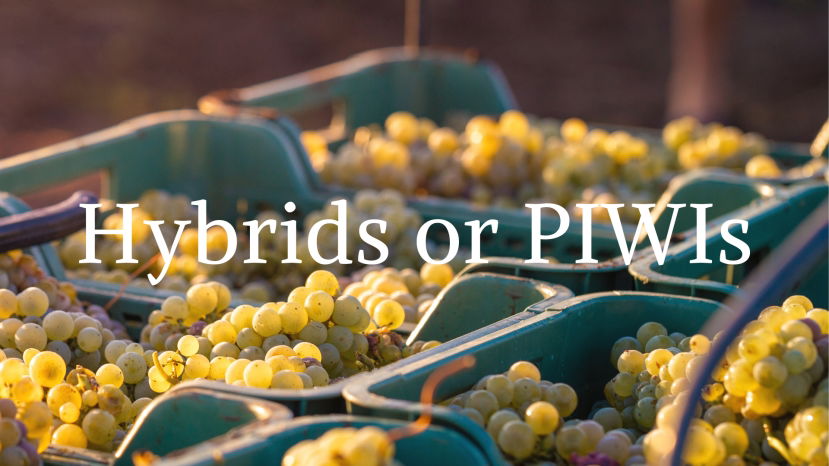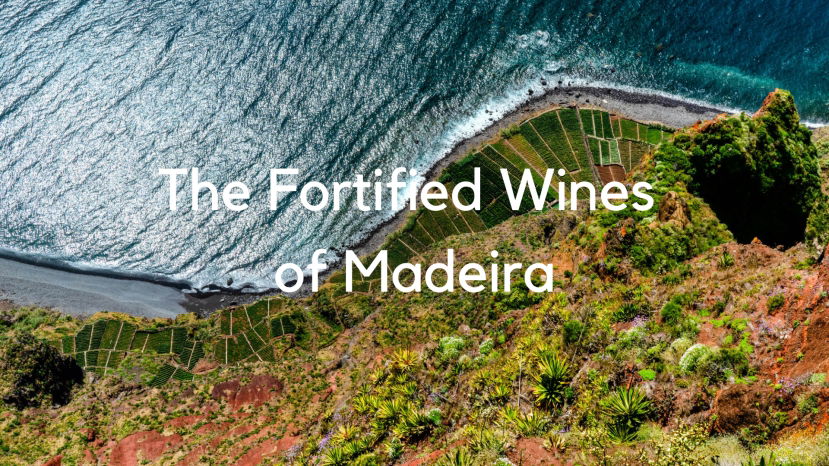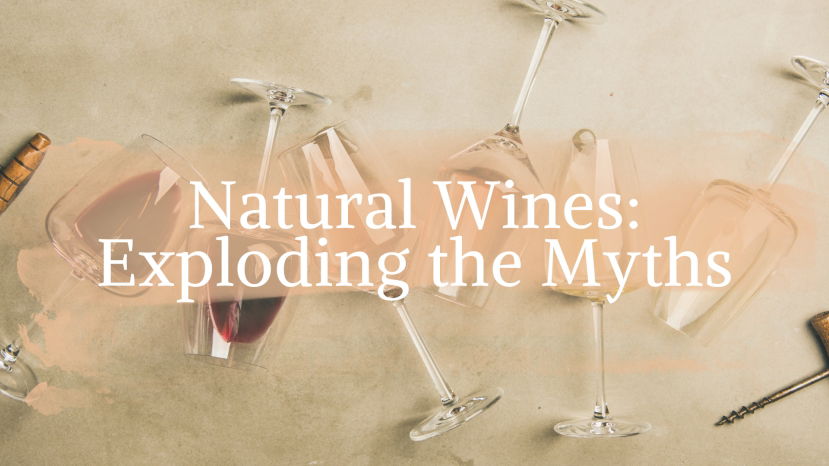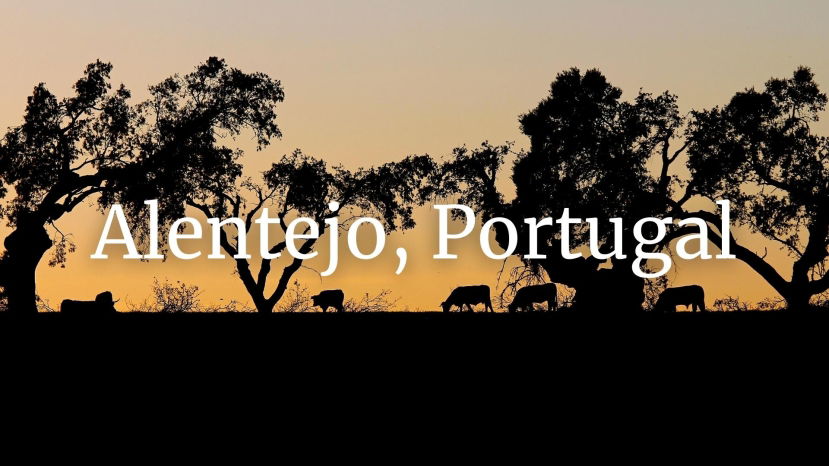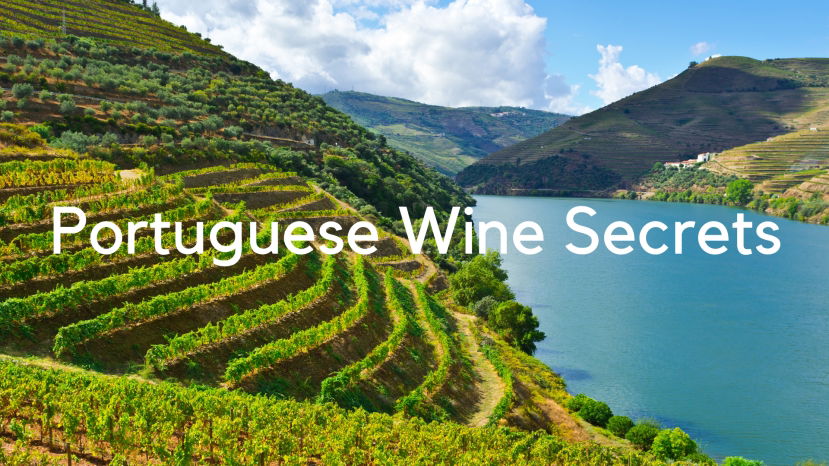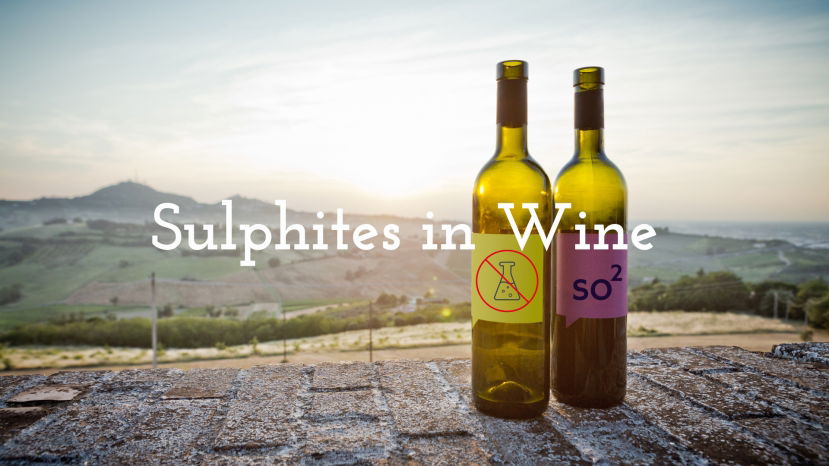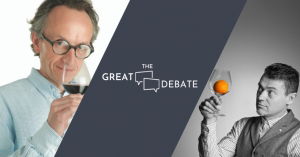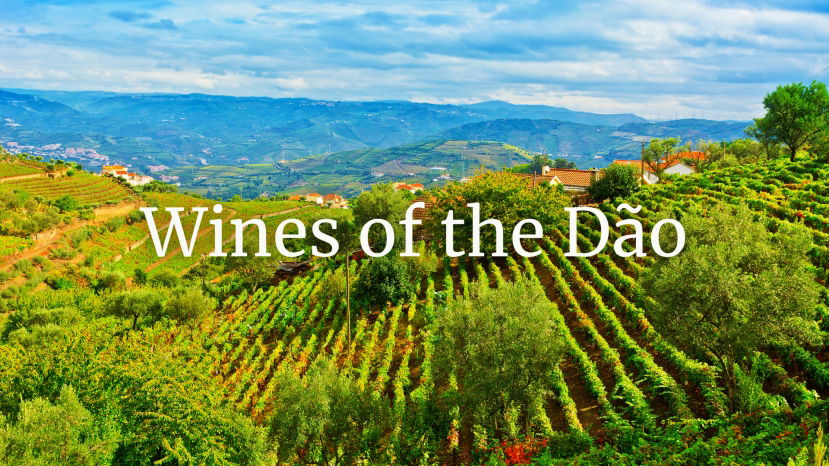BLOG
Simon J Woolf
Summary: Did you enjoy reading the Great Debate on Natural Wines by Simon Woolf and Andrew Jefford? We are following up their written debate with a WSG Live, and encourage participants to share their opinion or ask their questions directly to Simon
Summary: Have you ever tasted a Souvignier Gris, a Solaris or a Bronner? What about Regent, Cabernet Cortis or Rösler? These are just some of the disease-resistant varieties that have been bred over the last few decades from complex crossings of vitis vinifera cultivars with American sub-species such as vitis labrusca, vitis riparia or vitis rupestris. What started as a crude exercise in creating new plant material in the wake of the turn-of-the-century phylloxera
Summary: Fortified wines such as port, sherry or marsala are slipping out of fashion. It’s no different with Madeira, but this highly food-friendly beverage deserves your attention. Madeira is unique in its exceptional acidity and freshness, and also in its ability to age. No other wine has the ability to start showing its fruit at its best when 100 years old. We’ll talk about this Portuguese island – where it is, and why the terrain
Summary: It's become one of the hippest and most contentious niches in wine, often poorly understood and derided by the more traditional sectors of the wine trade. But what exactly is natural wine? Is it just fault-ridden hipster juice, cloudy and smelling of cider as some claim?We’ll explore where this movement came from and why winemakers in some parts of the world felt that they had to turn their backs on the
Summary: The Alentejo is a massive, sprawling wine region to the south of Portugal. It often has a reputation for mass produced wines produced from international grape varieties, and you’ll find cheap Alentejo wines sold in every corner of Portugal, and even on the islands of Madeira and the Azores. But Alentejo holds a great deal more interest than just budget priced Syrah or
Summary: Why is it that Portugal tends to get pigeonholed as just Port wine, or cheap Vinho Verde? This small but important European wine nation offers a huge diversity of wine styles across the whole length of the country. The vineyards span an incredible variety of differing climates and terroirs, and teem with fascinating indigenous grape varieties. What’s old is new in Portugal –
Summary: The use of Sulphur Dioxide (SO2), often just referred to as “sulphites”, in winemaking has become a much-debated and even sometimes emotive topic in the 21st century. In the last few decades with the growth of the natural wine movement, excess use – or sometimes any use – of SO2 has become increasingly frowned on. Some wine drinkers even claim they are intolerant to
Wine is full of spirited debates, but few can argue that any subject matter generates more intensity these days than natural wine. Should sulphur be allowed or not? Do natural wines reveal terroir better than conventional wines? Has natural wine changed our notion of flaws? Perhaps most controversial of all is the definition of natural wine in the first place. These questions are constantly challenging everyone from wine critics and sommeliers to casual students of wine. We decided to bridge the topic with Wine Scholar Guild’s Academic Advisor and long-time columnist for Decanter and World of Fine Wine, Andrew Jefford, as well as Simon J Woolf, the noted natural-wine writer and author of Amber Revolution: How the World Learned to Love Orange Wine.
Summary: Portugal’s more northerly Douro region tends to hog the limelight, but the wilder and more barren Dão has many vinuous secrets to offer wine lovers. Once lumped together with Bairrada (the Portuguese still refer to both together as “Beira”), the Dão has its own unique signature. Home to Portugal’s highest mountain, the Serra da Estrela, it’s a mountainous and depopulated region


